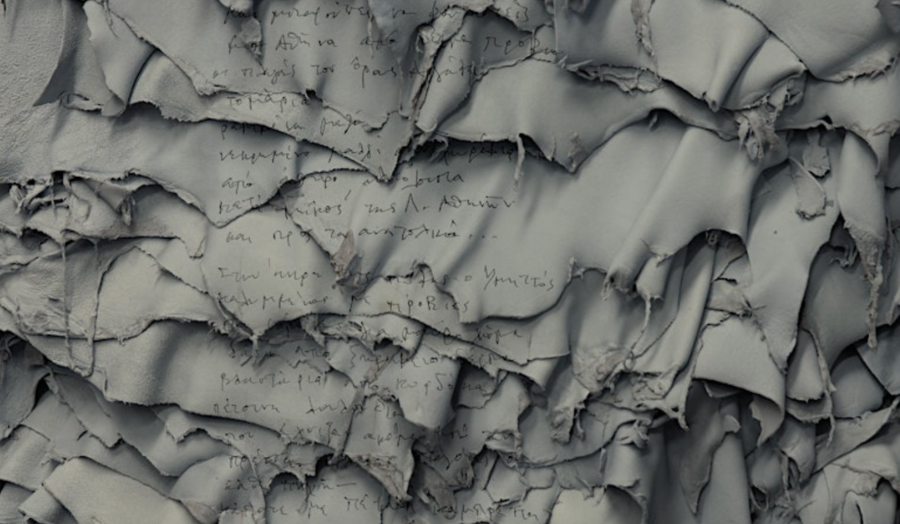What constitutes global fashion? A cursory examination of the associated website illuminates the industrial nexus between global fashion and the commercial sphere. While the term has been employed to denote the sartorial system beyond the predominant fashion capitals of Euro-America, global fashion transcends a mere dissemination of dress or the straightforward international proliferation of fashion conglomerates. Fashion theorists contend that an exploration of global fashion necessitates a nuanced comprehension of the circulation of objects, people, ideas, and technologies within the realm of fashion. Wessie Ling's research on global fashion encapsulates a multidimensional approach, integrating glocal, historical, sociocultural, anthropological, postcolonial, and de-centring discourses within the evolving landscape of fashion studies. The examination of global fashion is underscored by transculturality, emphasising intra-regional and territorial interactions. This approach unveils unresolved conflicts, ambivalence, and contradictions resulting from the politicisation of time and space throughout global history.
At the core of Wessie's work lies global fashion as a conceptual framework for scrutinising material culture and the fashion-making process in the 21st century. In recent years, her research further refined this framework as a practical tool for museum applications. China serves as both a case study and a methodological lens through which Professor Ling investigates global fashion, illustrating how multiplicity, geopolitics, social systems, and international relations can be strategically leveraged for the examination of fashion. This lecture expounded upon Wessie's research on global fashion and delineate its contributions within and beyond the academic sphere.
Wessie Ling, PhD. is Professor of Transcultural Arts and Design at London Metropolitan University and the Director of CREATURE (The Centre for Creative Arts, Cultures and Engagement). She has worked on the sociocultural revolution of the Chinese dress through which dissecting the material culture in China. Her co-investigated Arts and Humanities Research Council (AHRC) project titled “Writing and Translating Modern Design Histories for the Global World”, studied the transcultural connections through design in the twentieth century, scrutinising trans-East Asian (Chinese, Japanese, Korean) cultural dynamics in the realms of fashion, product design, and visual communications. Continuing her research inquiry into fashion-making in a transglobal context, she undertook an ASEAN Research Fellowship at the Research Institute of Languages and Cultures of Asia, Mahidol University, a Rita Bolland Fellowship at the Research Centre for Material Culture at the Nationaal Museum van Wereldculturen, and an inaugural fellowship at LASALLE College of Arts.
Author of Fusionable Cheongsam, her co-edited book and special journal issues include Fashion in Multiple Chinas: Chinese Styles in the Transglobal Landscape, Modern Italy on “Italianerie”: Transculturality, Co-creation and Transforming Identities between Italy and Asia, ZoneModa Journal on Global Fashion, and Fashion Theory on Global China. She serves on the advisory and editorial boards of esteemed journals such as Fashion Theory, Clothing Cultures, Zone Moda Journal and Critical Studies in Fashion & Beauty. Additionally, she co-edits the longstanding series Studies in Design and Material Culture published by Manchester University Press. Her recent research is centred on the study of fashion-making within the contexts of China and Southeast Asia. This involves examining the intricate connections between fashion made in, of, for, and with China and Southeast Asian regions.
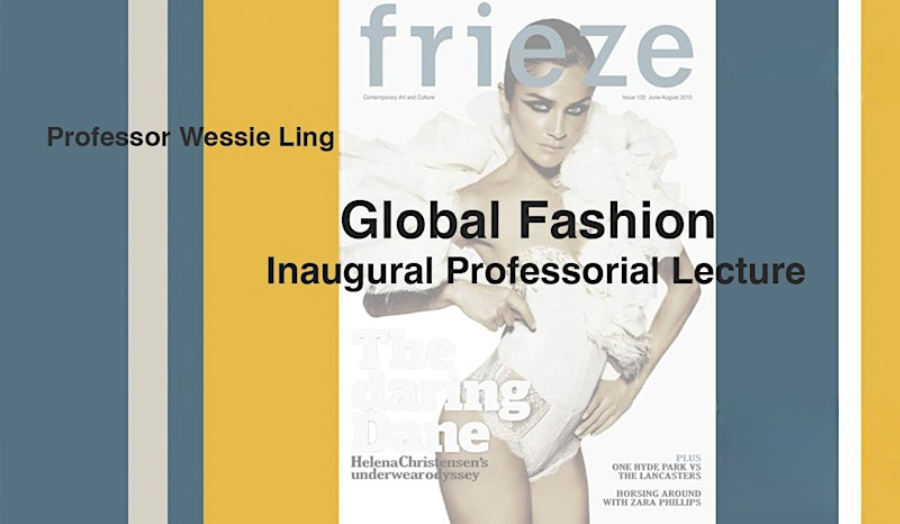
Image: WESSILELING (2010) Frieze, June – August 2010; laminated digital print.
Details
Aldgate Campus, 16 Goulston Street, London, E1 7NT

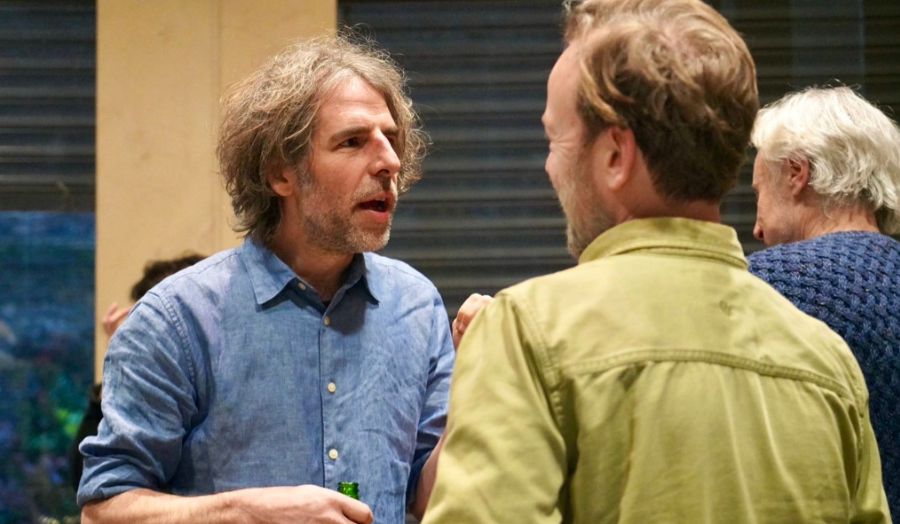
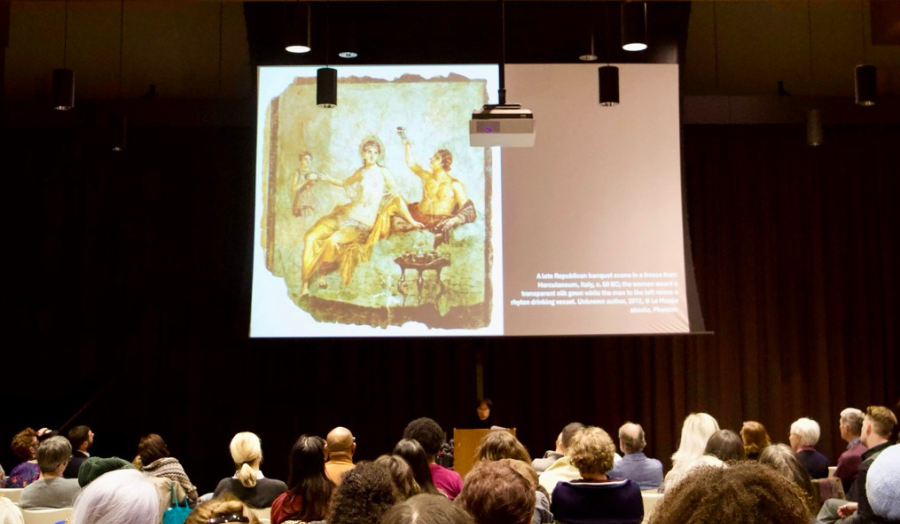
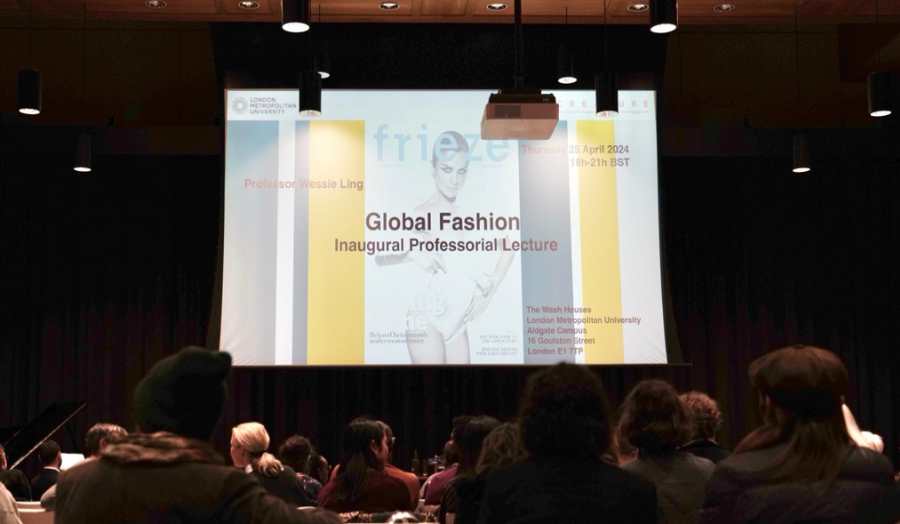
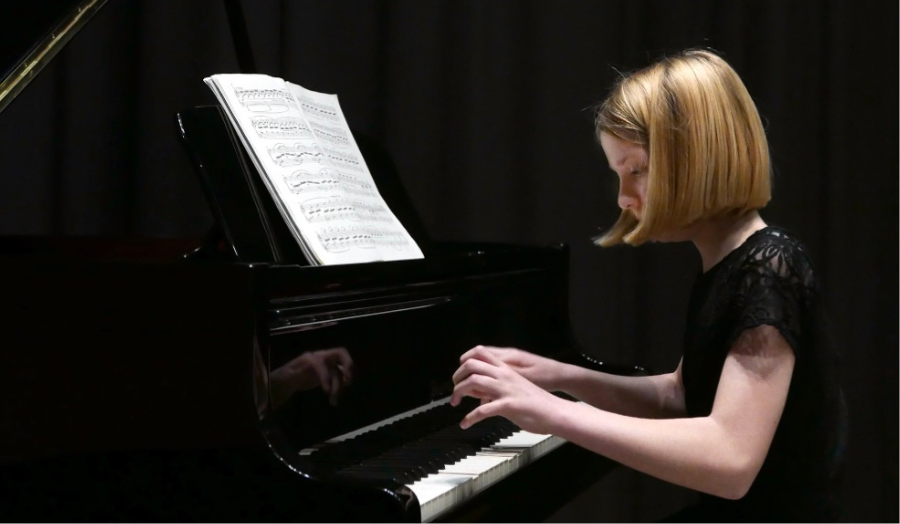


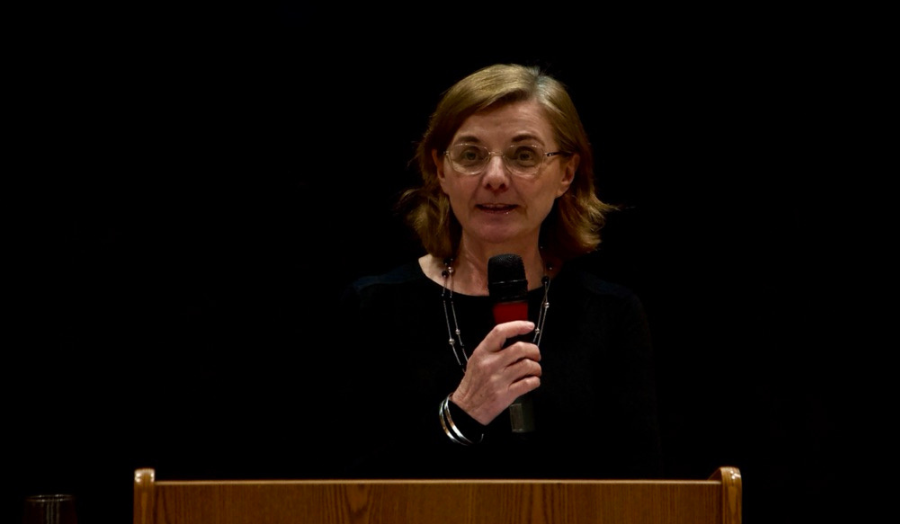
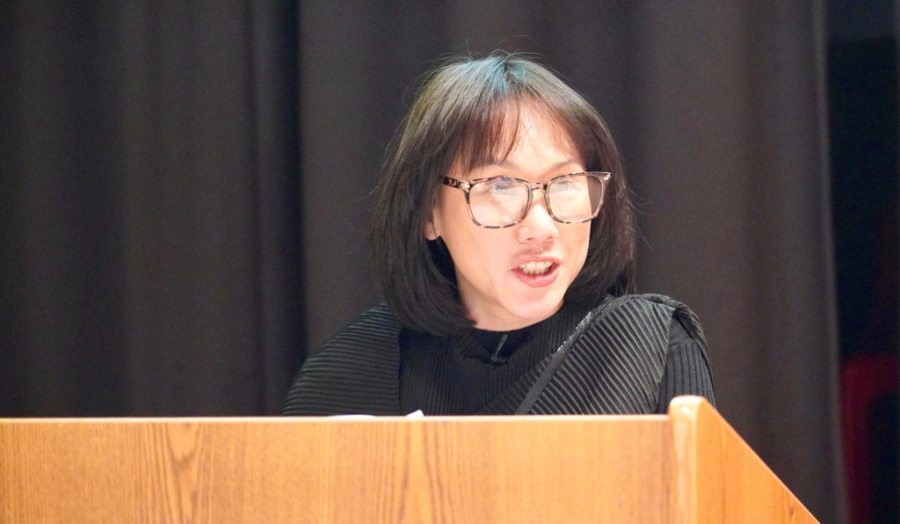
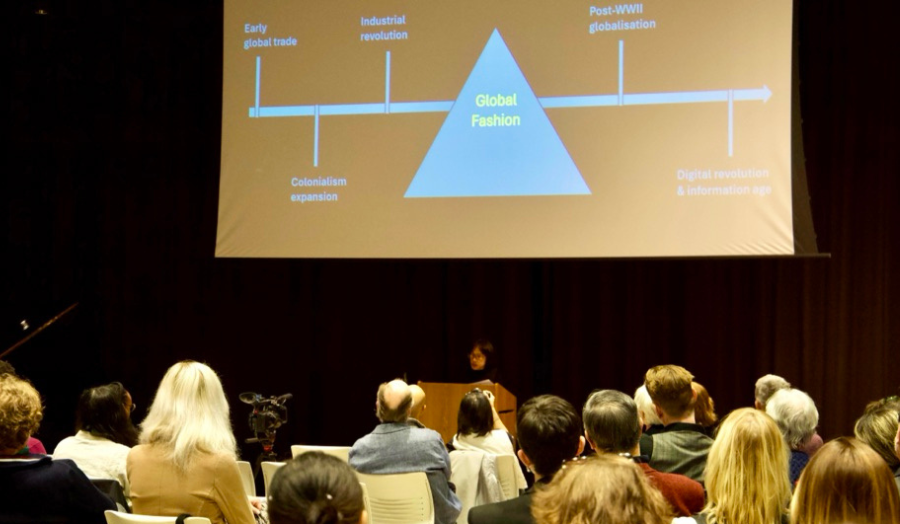
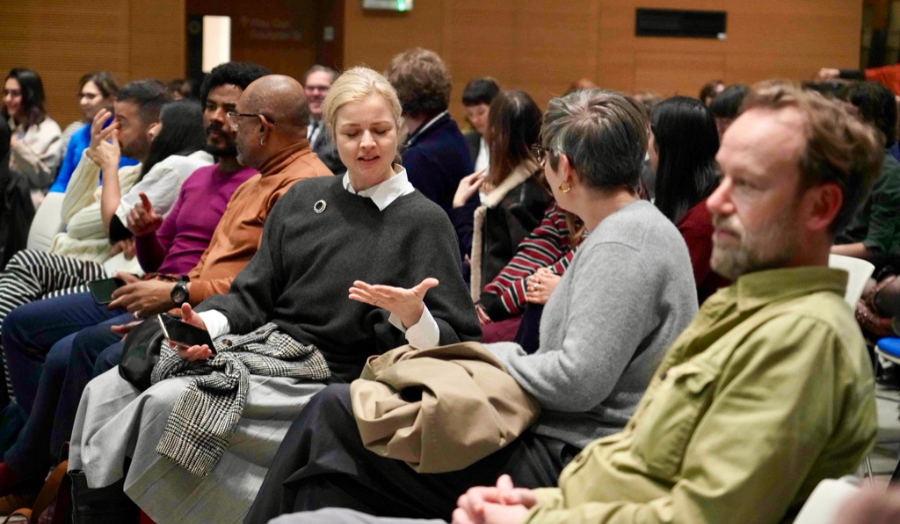
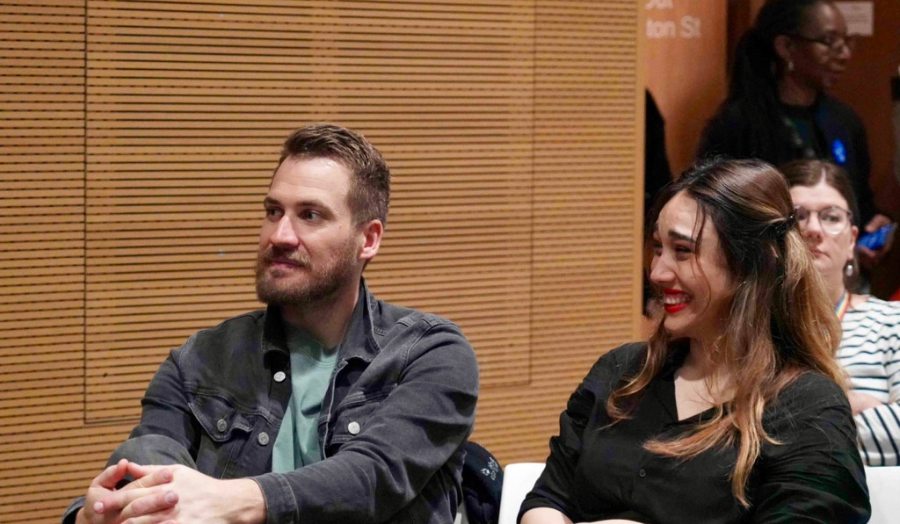
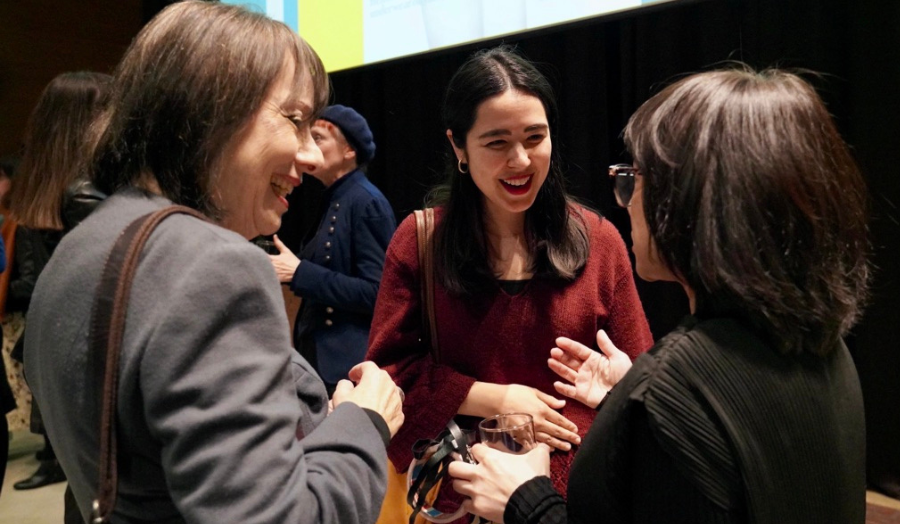
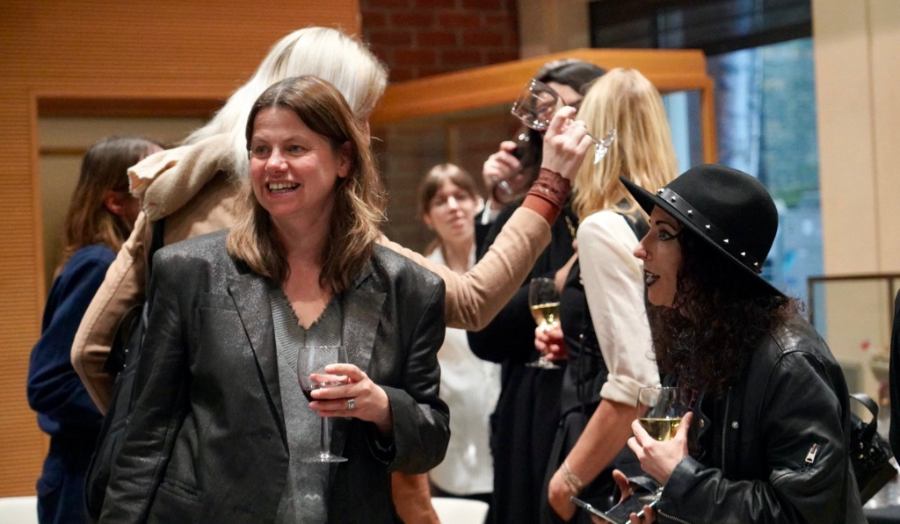
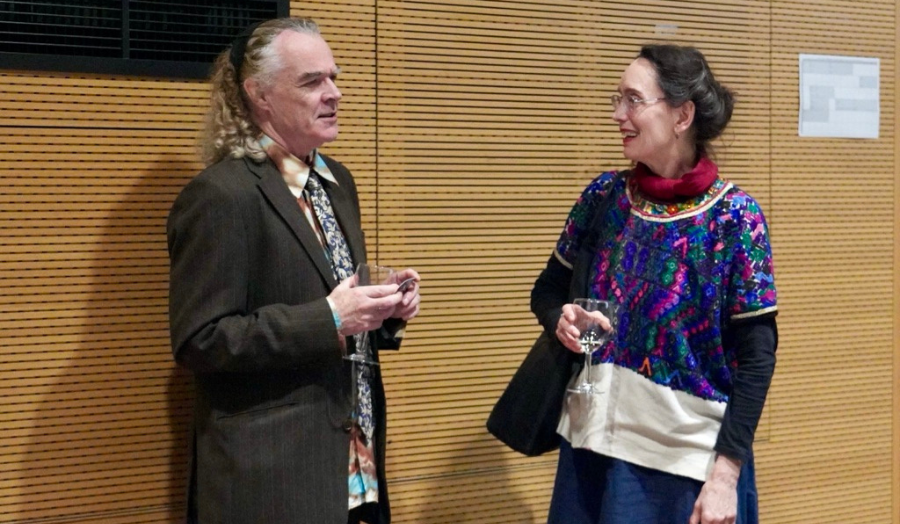
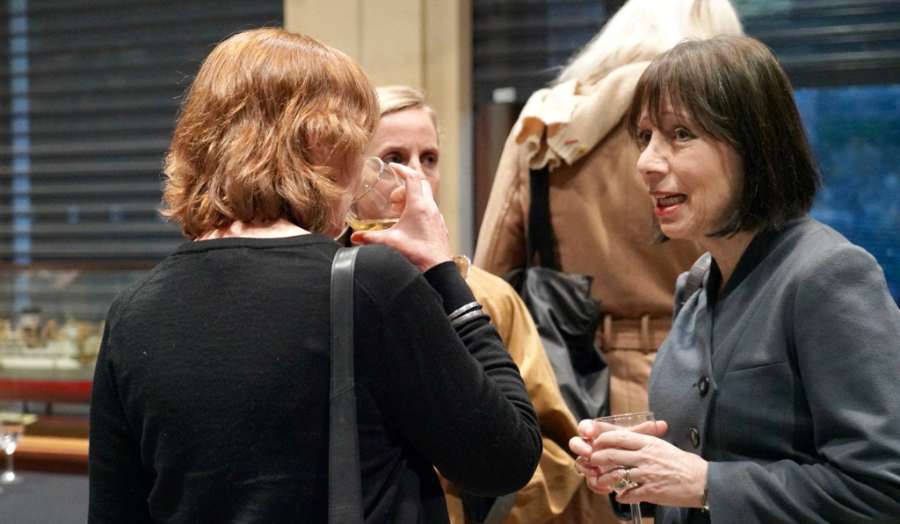
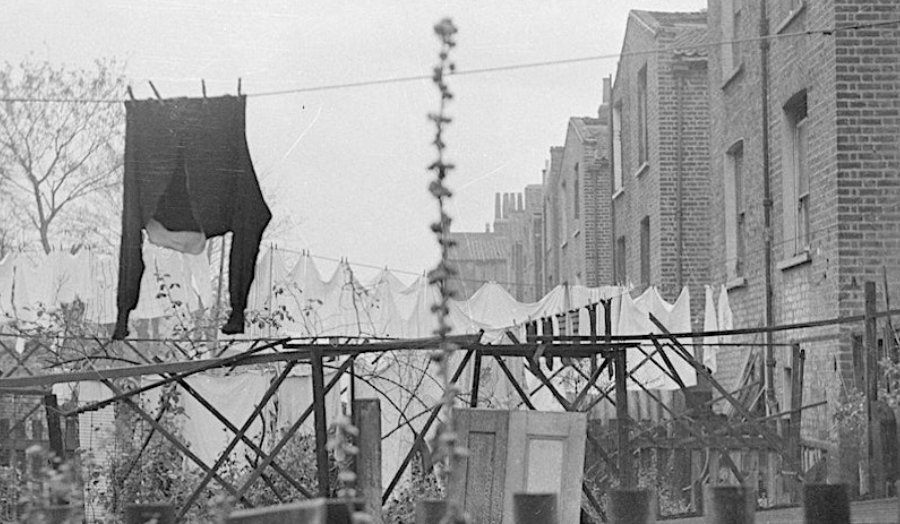



Making-Craft-Design-and-Womenâs-Empowerment-in-the-Global-South.png)







